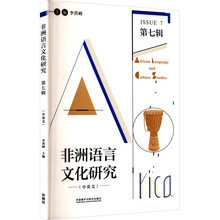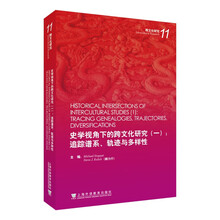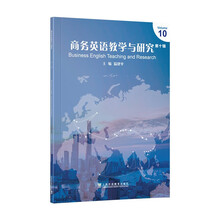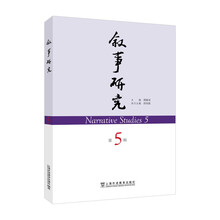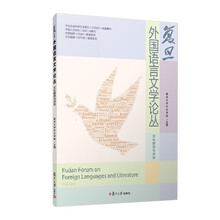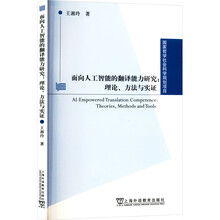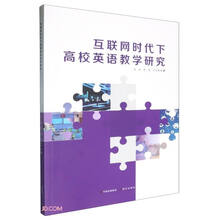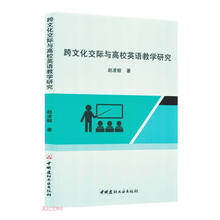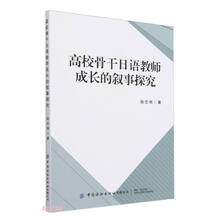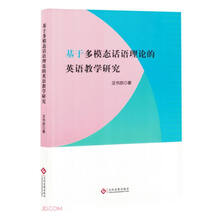(6) Classroom assessment: It is also called classroom-based teacher assessment, which is designed, implemented and interpreted by teachers. The purpose usually is to provide information for teachers to monitor instruction and/or for students to improve learning. It can be formative or summative, low-stakes or high-stakes. In this study, PBWA is a type of classroom assessment.
(7) Portfolio: At its simplest, a portfolio is a collection of student work. In writing assessment, a portfolio is a purposive collection of student-selected texts written for different purposes, different audiences over a period of time, which contains exhibits showing the stages in the writing processes a text has gone through, and the stages of the writer's growth as a writer, and evidence of the writer's self-reflection on his or her identity and progress as a writer usually in the form of an introductory letter or a reflective essay.
(8) Portfolio-based writing assessment: Assessing writing ability by means of portfolios. Both products and process of writing are considered. It examines several samples, written over time and under different constraints in order to produce an assessment of what the writer can do with the written form. Students are required to produce a large enough corpus of work from which to make a reasoned selection to show the best portrait of their writing ability. The final judgment contains a detailed description of a student's writing and a score/grade. In this study, it is both formative and summative. The grades of their portfolios will weigh 50% of the EFL writing course achievement.
……
展开

